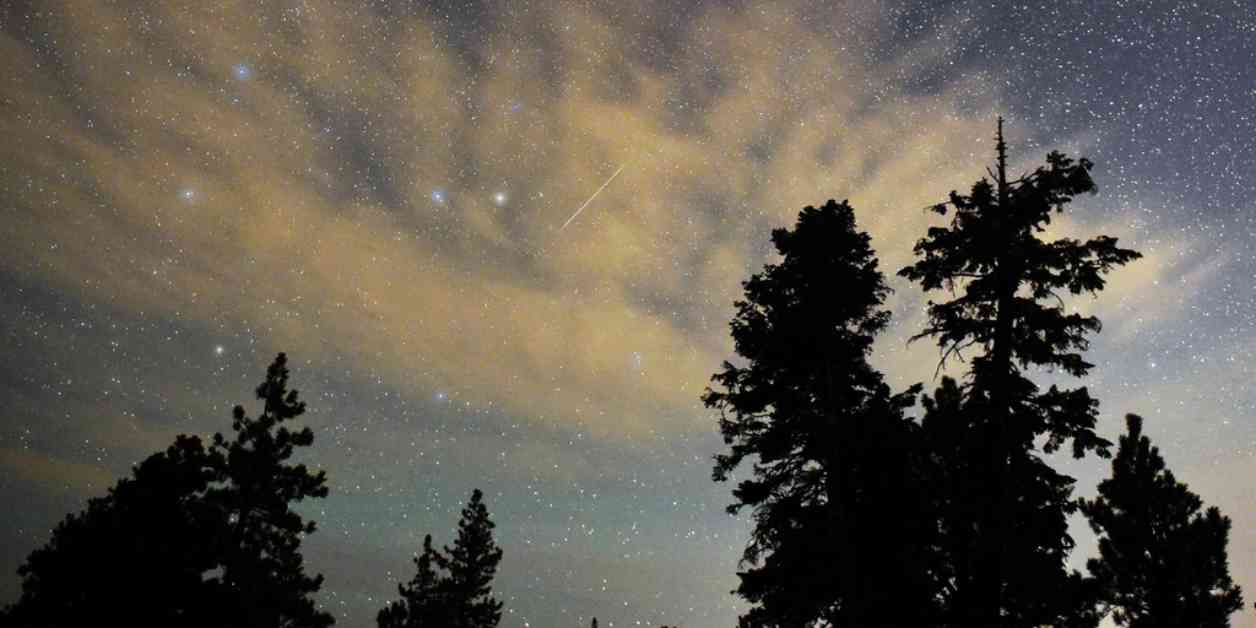Get ready for a meteor shower doubleheader this week! The Southern Delta Aquariid meteor shower is set to peak alongside the smaller Alpha Capricornid meteor shower. The Delta Aquariids are expected to be visible at a rate of 15 to 20 meteors per hour in the Northern Hemisphere, with the peak occurring on Tuesday morning. On the other hand, the Alpha Capricornid meteor shower is anticipated to produce around five meteors per hour.
The Delta Aquariids are a yearly occurrence in North America’s late summer, with this year’s peak activity happening early Tuesday morning. Skywatchers in the Northern Hemisphere, especially under dark skies, can expect a good show. The Southern Hemisphere may have an even better view. The Alpha Capricornids, on the other hand, will last through August 15 and produce fewer meteors per hour.
Meteor showers are a fascinating celestial event that occurs when rocks from space enter Earth’s atmosphere and create a glowing trail as they burn up. Most meteor showers originate from the debris of comets, with the Delta Aquariids believed to come from the comet 96P/Machholz and the Alpha Capricornids from the comet 169P/NEAT. While these two meteor showers may not have high volumes, the Alpha Capricornids are known to produce very bright meteors.
To view a meteor shower, it’s best to be in a location with dark skies away from city lights. The best time to see shooting stars is usually between midnight and the predawn hours on a cloudless night with a small moon. Avoid looking at your phone to preserve your night vision for better visibility of meteors.
For those interested in upcoming meteor showers, the American Meteor Society keeps an updated list of large meteor showers, including peak viewing days and moonlight conditions. The next major meteor shower after the Delta Aquariids and Alpha Capricornids will be the Perseids, peaking in mid-August.
So mark your calendars and don’t miss the chance to witness the beauty of the night sky with the double meteor shower event happening this week. It’s a celestial show you won’t want to miss!





















